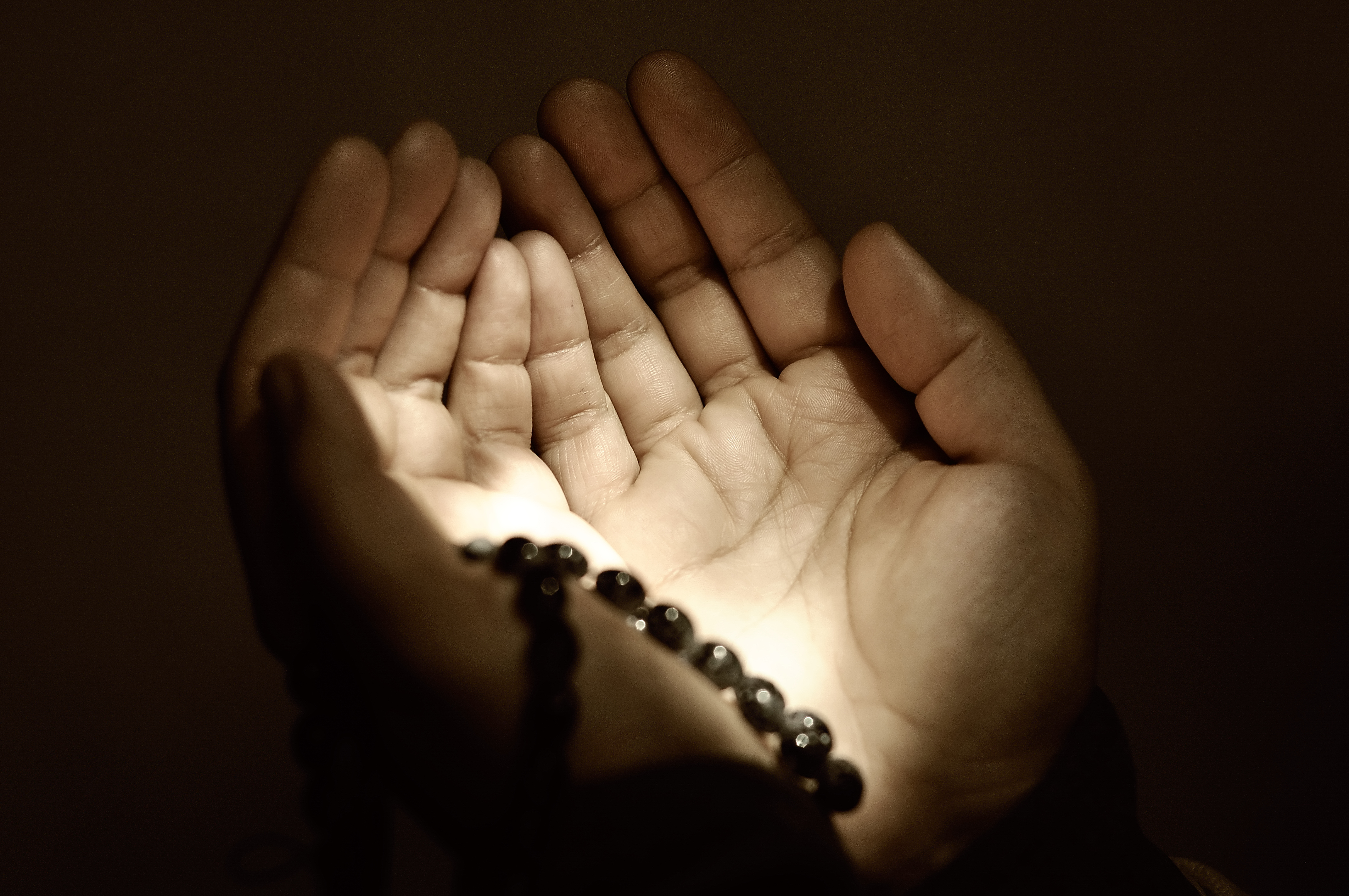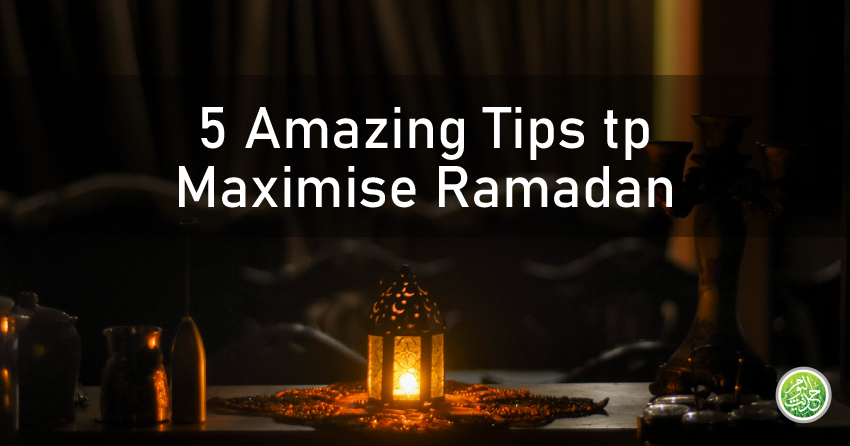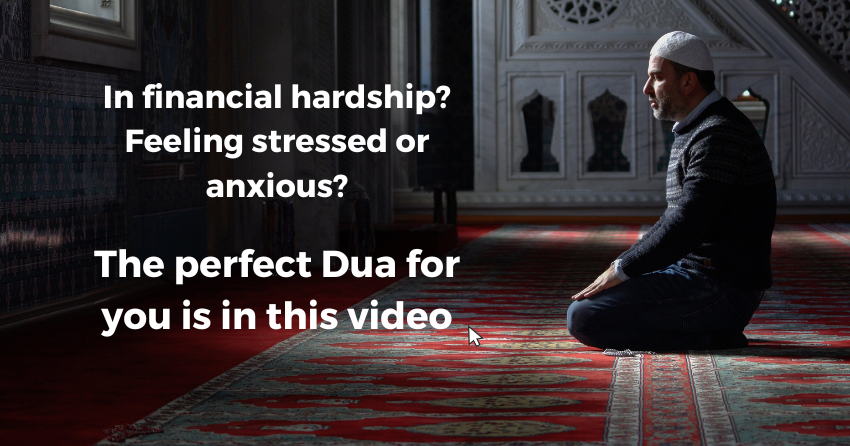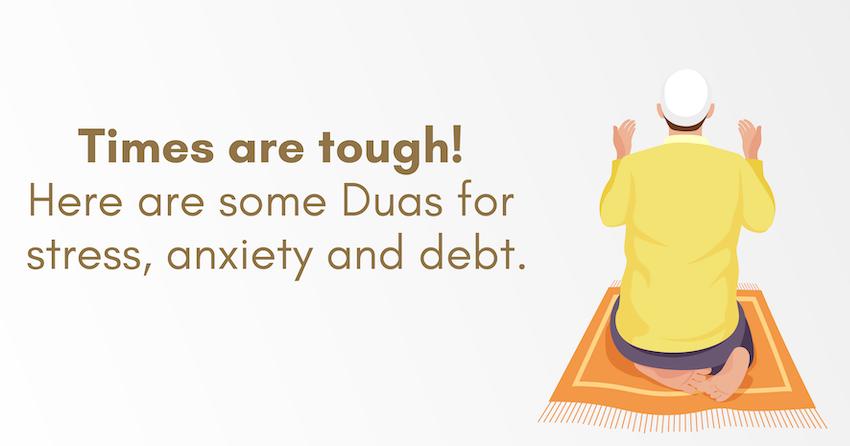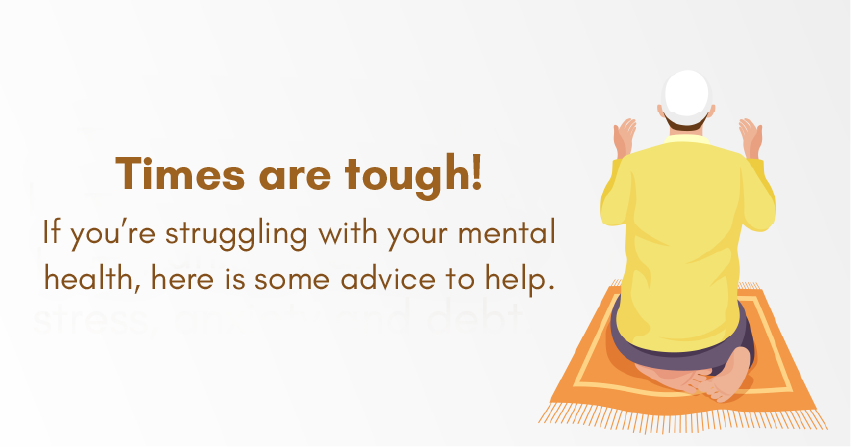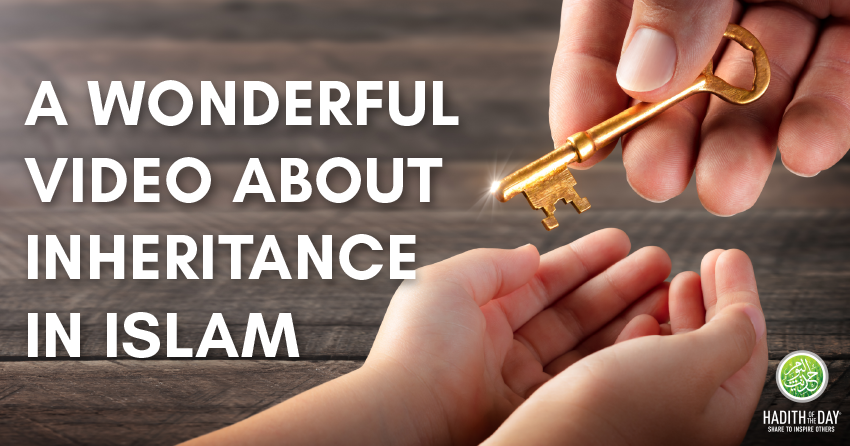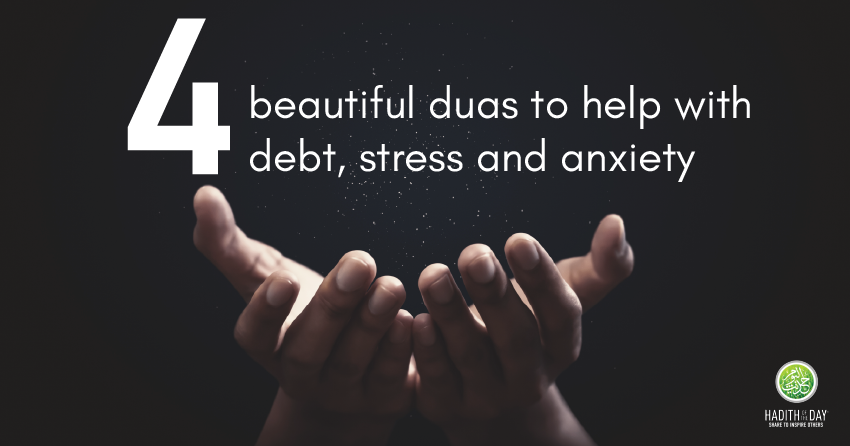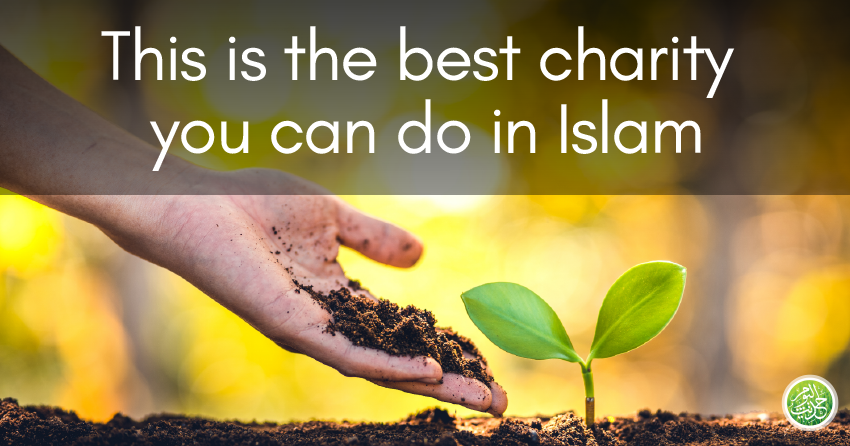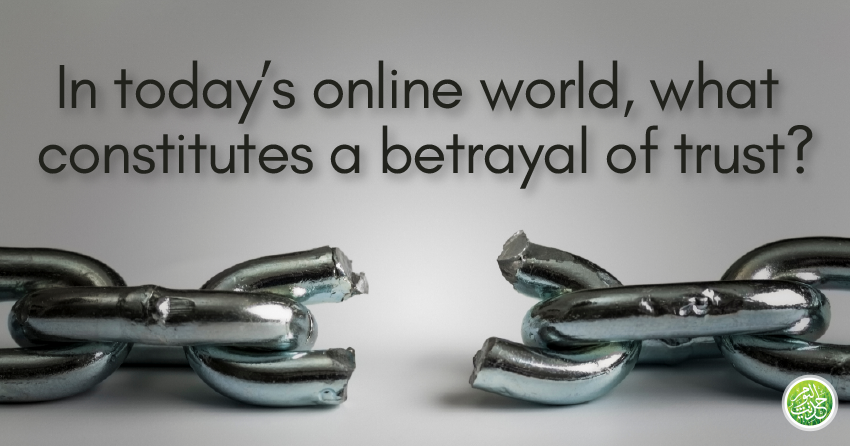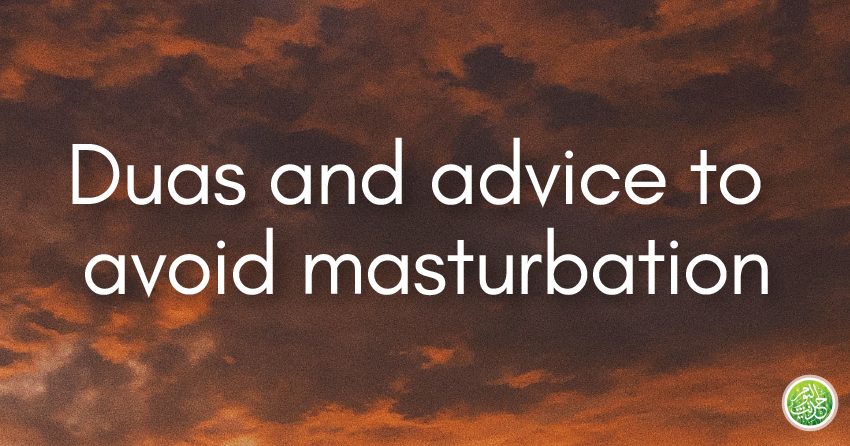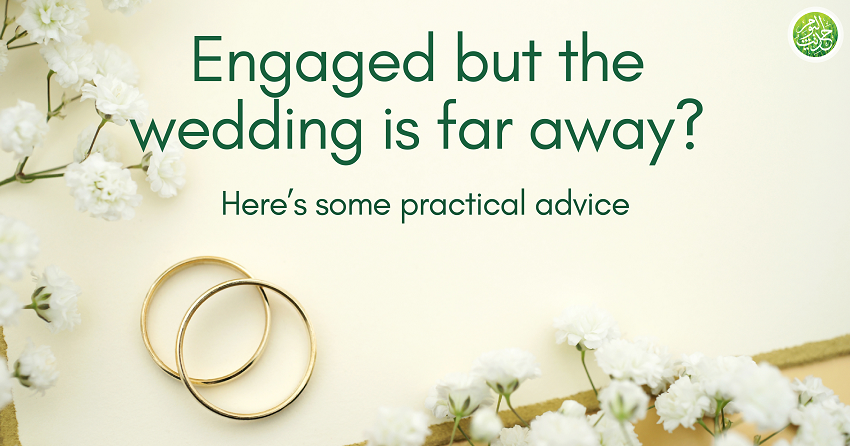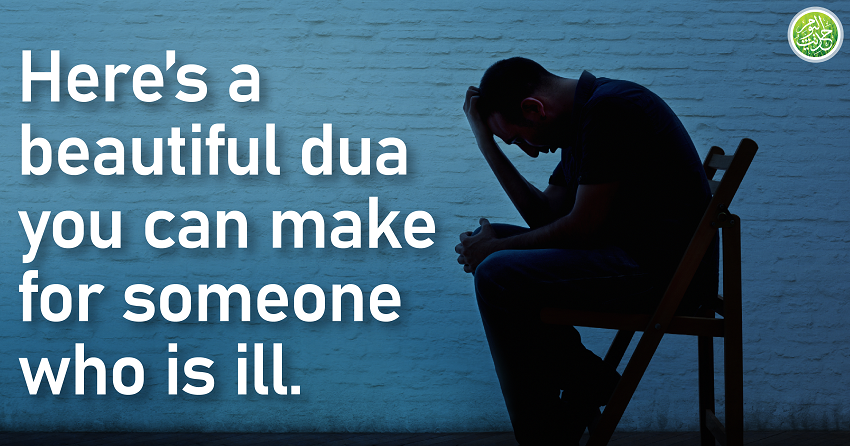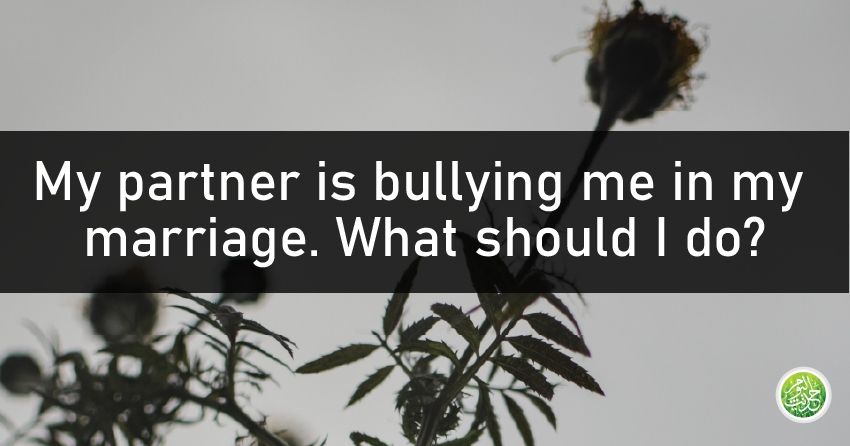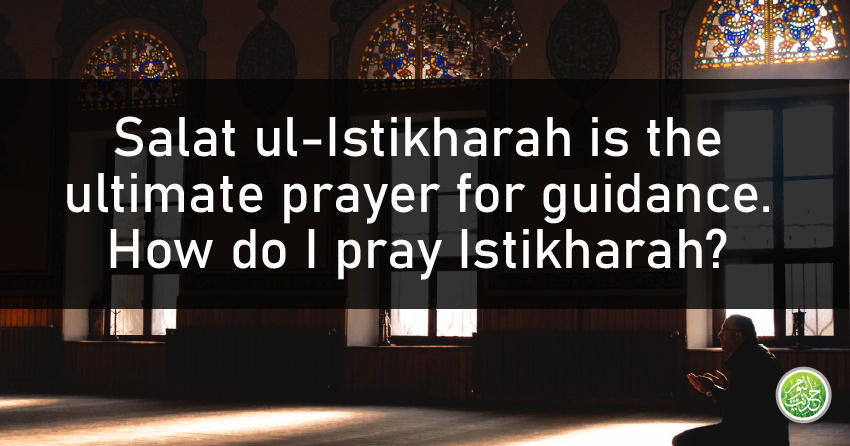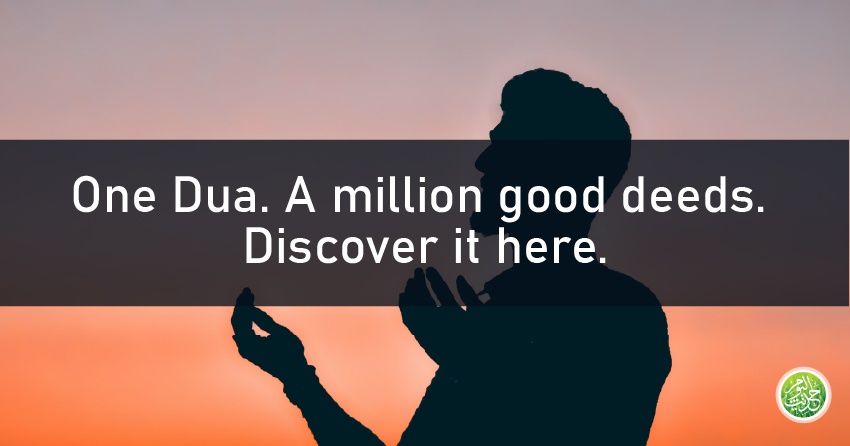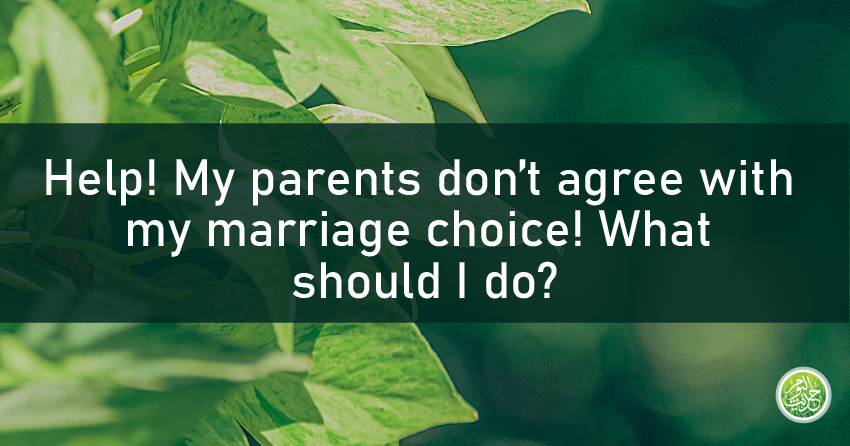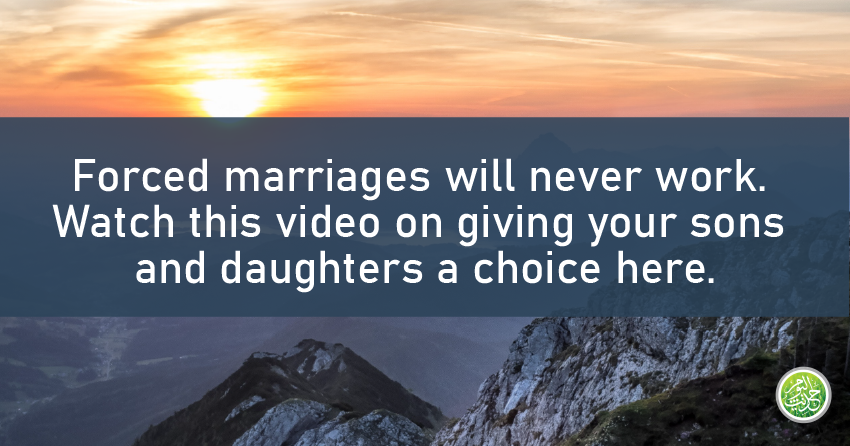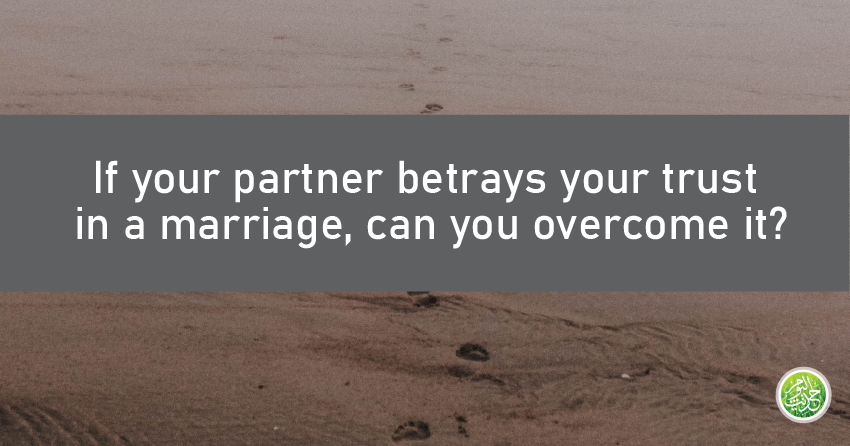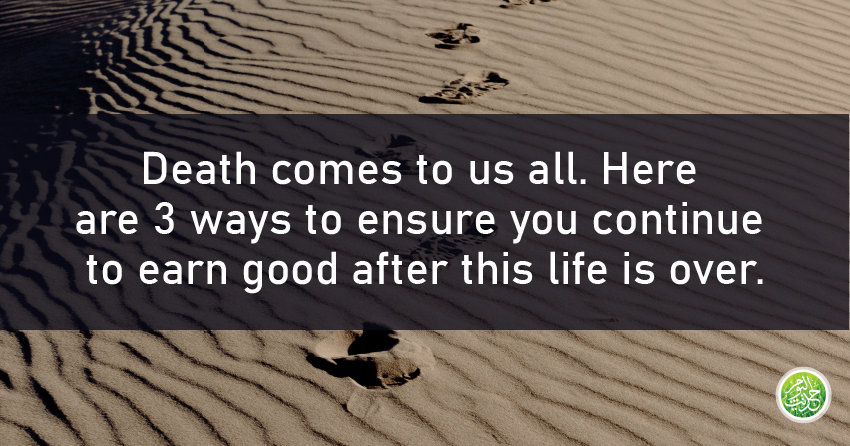Gender Relations in the Prophet’s (SAW) Society

Many of us lament that we’re no longer like the Companions of the Prophet ﷺ; that their times were different, that their circumstances were different, and that we can never be like them. This concept is often invoked when we discuss gender relations with regards to Muslim youth and how ‘astray’ our youth have gone in comparison to that noble generation.
Yet, contrary to perhaps popular knowledge, the homeboys and the homegirls of the Prophet ﷺ also struggled with their desires. They too slipped and made mistakes. And through their situations, the Prophet ﷺ took the time to coach, train and teach them, helping them transform into the great giants whom we recognize today.
Thus, let us take a look at some of the ways the Prophet ﷺ dealt with the issue of gender interaction in his community so that we can learn lessons applicable today.
Ibn Abbas radi allahu `anhu (may God be pleased with him) shares with us,
“A beautiful woman, from among the most beautiful of women, used to pray behind the Prophet ﷺ. Some of the people used to go to pray in the first row to ensure they would not be able to see her. Others would pray in the last row of the men, and they would look from underneath their armpits to see her. Because of this act, in regard to her, Allah revealed, “Verily We know the eager among you to be first, and verily We know the eager among you to be behind,”
(Qur’an 15:24).
From this narration, we learn that the young men who lived in the very city and attended the very masjid of the Prophet of God ﷺ slipped and checked a girl out. And yet what did the Prophet ﷺ do about it?
Did he create a wall between the men and women’s sections? Nope. Did he prohibit women from going to the mosque, lest they tempt the men who attend? Never. In fact, he ﷺ did the exact opposite and commanded that women not be stopped from going to the House of God.
What he did do was allow men and women to continue to be a part of the same society, working together as a community, existing cohesively. At the same time, he ﷺ helped train his community to keep their desires in check.
The below are a few incidents in which we learn how he did so:
1. Narrated Abdullah ibn Abbas (ra): “Al-Fadl bin Abbas rode behind God’s Messenger ﷺ as his companion rider on the back portion of his she-camel on the day of Nahr (slaughtering of sacrifice, 10th Dhul-Hijja) and Al-Fadl was a handsome man. The Prophet ﷺ stopped to give the people verdicts (regarding their matters). In the meantime, a beautiful woman from the tribe of Khatham came, asking the verdict of God’s Messenger. Al-Fadl started looking at her as her beauty attracted him. The Prophet ﷺ looked behind while Al-Fadl was looking at her; so the Prophet ﷺ held out his hand backward and caught the chin of Al-Fadl and turned his face (to the other side) in order that he should not gaze at her….”
Look at how the Prophet ﷺ trains Al-Fadl to be a responsible young man. He does not slam him for not keeping his desires in check. And even more importantly, he does not utter words that would make Al-Fadl believe that the source of the problem was the existence of the woman and that Al-Fadl had no responsibility in checking her out. On the contrary, he gently turns Al-Fadl’s face away, teaching him that he is the one who needs to be responsible for his actions.
And let’s look at the Prophet ﷺ teaches the rest of this ummah (community) how to interact with women.
The Prophet ﷺ does not curse the woman for being “a fitna (trial).” He does not accuse the woman of enticing Al-Fadl. He does not shun her. Instead, he facilitated for her to be able to ask a question without being checked out.
We also don’t notice her being reprimanded by the Prophet to cover her face while nearing the Prophet ﷺ or other men who are not related to her. We do not hear this narration stating that she was advised to speak behind a curtain in the future lest her beauty become a temptation for men who could not control themselves.
In fact, it was quite the opposite. The Prophet ﷺ caught Al-Fadl staring and so he gently pushed Al-Fadl’s gaze away from the woman. The Prophet ﷺ taught Al-Fadl to control his own self. He put the onus of responsibility on Al-Fadl in this incident instead of scolding the woman who caught his gaze.
Al-Fadl did not protest the Prophet’s action of turning his face; Al-Fadl did not respond with, “But dear Prophet, she is the one who is a fitna (temptation)!” or, “Prophet of God! Command her to cover herself and hide so that she never makes another man’s eyes look at her again!”
In our own communities, women are often blamed for the downfall of men. Women blame other women for dressing inappropriately, wearing too much makeup, or acting flirtatiously with men. Men blame women for the same things! The blame always ends up being on women. We end up holding the brunt of the baggage of the gender relationship.
But what about what the Prophet ﷺ taught us? Yes, we have certain dress codes and guidelines of interactions to which men and women should both adhere, but it does not stop there. This woman was beautiful (may Allah be pleased with her) and yet the Prophet ﷺ didn’t condemn her beauty or stop her from speaking with him ﷺ and asking her question. So what about our communities today?! Let us move beyond placing the blame on women. Let us actually follow the Prophetic way in which each individual takes responsibility for his or her own actions without unnecessarily blaming others for simply existing.
2. In another example, another male companion went further than simply checking out a woman. He actually kissed her! The following narration gives us insight as to how God addressed his sorrowful admittance, seeking forgiveness and guidance from the Prophet ﷺ, “A man kissed a woman. So he came to the Messenger of God and informed him about it. Then God revealed this verse,
‘And perform the prayers, between the two ends of the day and in some hours of the night. Verily, the good deeds efface the evil deeds,’
(11:114).
The man asked the Messenger of God ﷺ if the revelation of this verse applied only to his situation. The Messenger of God responded, ‘It applies to all my ummah.’”
What can we take from this incident? This incident teaches us that the way that God, our Creator, our Loving Sustainer, taught us to deal with slipping into sin is through connecting back with Him immediately. He sent a verse to teach us all that if any one of us messes up, we should go back to Him and maintain our daily prayers. The daily prayers “prohibit immorality and wrongdoing,” and having that connection will also be a means of our continual forgiveness.
Now, this is not to suggest that those who are involved in inappropriate relationships should simply pray immediately after getting physical and then return to that action. This companion clearly came to the Prophet with regret and with resolve, seeking a solution when admitting his fault to the Prophet ﷺ . However, what we can take is that even the greatest of the great slip and succumb to natural human desire. But when we make the same mistake that one of them did, we should do what they did to seek change: We should regret it, immediately take to seeking God’s forgiveness, and make the resolve not to slip into it again. And if we do slip? Start the cycle of asking for forgiveness over.
3. But what about someone who wants to go all the way? How did the Prophet ﷺ help prevent a man who seriously wanted to do it? Once a young man came to the Prophet ﷺ requesting from the Prophet to grant this man permission to have sex outside of marriage. The people were shocked and were trying to silence his question. The Prophet ﷺ asked him a series of questions. “Would you like it for your mom?” He ﷺ continued to ask if this man would like it for his daughter, sister or other female relatives. The man continually responded in the negative, intellectually convinced by the logical argument of the Prophet ﷺ. Finally, the Prophet placed his blessed hand on the man and prayed to God, “Dear God! May you forgive his sins, purify his heart and make him chaste.” And it is narrated that this man never got involved in what he was requesting after this experience with the Prophet.
This man was intellectually and spiritually blessed by the logic of, connection to, and prayer from the Prophet ﷺ. We need to learn to be like the Prophet ﷺ when it comes to dealing with issues of sex. I know of young Muslim women who are afraid of getting married simply because their parents have made sex such a taboo topic that they have an intense fear of having to deal with sexual intimacy in marriage. I have also known of young men and women who really wanted to get married, whose parents refused to let them marry really awesome people who came to ask for their hand simply because of their race, and who eventually could no longer handle it and had sex outside of marriage.
As parents, we need to consider the approach of the Prophet ﷺ when it comes to discussing sex and sexual desires. The Prophet ﷺ openly addressed this man’s concerns about sex in a public setting. He didn’t make this topic an untouchable taboo. How much more of a right do your own children have for you to have open conversations with them in the privacy of your own home? However, don’t make it all awkward for your kids. Develop an open relationship with them before they’re old enough to have these conversations so that you don’t come off really weird and make them uncomfortable. If open communication is a natural dynamic in your family, such conversations will also occur organically, God willing.
Furthermore, as community leaders, we need to have open dialog with our members about these issues. If the family structure of our congregants doesn’t provide the security and openness needed to understand sex and related issues, we should have strong relationships with our communities so that we can help be a resource and means of guidance.
4. Additionally, during the time of the Prophet ﷺ, just like today, even his married companions had sex outside of marriage. Committing adultery is a serious issue, especially as it involves emotionally hurting one’s family. But in the incidents described, the Prophet was not quick to punish. He turned a woman away who came to him—asking for him to punish her so that she would be purified—continuously and consistently. He gave her so many opportunities to never come back to him and never receive any type of physical consequence, to simply live in repentance. But she, like others, came back over and over again until he finally established the consequence.
The point in mentioning this is simply that this existed during the time of the Prophet ﷺ with the world’s greatest generation. They slipped just as we do, yet they were man or woman enough to beg God for forgiveness and recognize they had made a mistake. And even with some members in his community making a mistake and going all the way outside of marriage, the Prophet ﷺ did not ban men and women from working together and interacting with one another. Instead, he taught the men and women in his community to work together, professionally and respectfully, but with the warmth of true brotherhood and sisterhood.
Most of the examples I have chosen with regards to gender-relation scenarios explicitly mentioned men as those who acted upon or wanted to act upon their desires, but the same applies to women! Ladies are often put under the bus when it comes to talking about women’s sexual needs and desires, minimizing the reality that many women do in fact have strong sexual urges and fight themselves not to act upon them. Men and women alike can take from the lessons we’ve discussed from the lives of those living in the society of the Prophet ﷺ and actualize the concepts of self-responsibility, continual connection with God and intellectual and spiritual strength to overcome desires or repent and turn to Him continuously when falling.
Many in our communities today suffer from a lack of understanding gender relations. Women are sometimes not even allowed into the masjid because of the fear that their presence could somehow cause craziness. Women are often blamed as the ultimate cause of men being led astray in regards to gender issues. In my personal experience, men are rarely reminded that they must uphold their end of the gender relations’ bargain as well, other than by ignoring women’s existence or ensuring that women are behind the mosque’ wall and far from being a fitna for men’s lives. And in my perspective, this lack of understanding of the Prophetic method in training his community—which is quite different from completely segregating his community—is also one of the reasons many in the West are dealing with a real marriage crisis. (These are all huge issues stuffed into one paragraph; I feel their mention is essential when discussing gender relations, but they will individually be addressed in future articles, God willing).
A few general suggestions on how to deal with gender issues in our communities:
- For Oneself: Understand that we are individually responsible for ourselves, our dress and our actions. Both men and women have specific interaction and dress guidelines and each should try their best to adhere to those instructions. However, a person’s struggle with not maintaining those guidelines (either actions or dress) is NEVER a reason for someone else to put the blame on them. If you are attracted to someone, regardless of how they are dressed or undressed, it is your individual responsibility, as a male or female, to respectfully avert your gaze from checking that person out without blaming them for being distracting. Your actions are always on you; if you slip, keep the blame to yourself.
- For Men: Use your male privilege to create spaces which accommodate women to flourish into dynamic, knowledge-seeking, dawah-giving, masjid-attending Muslim women. Women’s existence is not the problem. If you can’t deal with women respectfully and professionally, don’t blame them for existing. Challenge yourself to follow the Prophetic method of training: Hold yourself fully accountable for your own actions, just as the companion who stared, or who kissed, or who wanted to go all the way or who actually did, and understand that women are your “partners” as you are theirs.
- For Women: Societies in general put the blame on us. Because of this, we have to bear the burden of responsibility, as women, to demand spaces be created for us to seek and spread knowledge and become involved in community growth. Never allow for someone’s mental or verbal harassing of you for existing to be the reason you stop attending the masjid or seeking knowledge. We NEED women who are willing to be strong enough to deal with the drama we constantly have to face to help create space for women so that, God willing, and with the support of our male partners, we will begin to see a shift of return to the Prophetic society of respectful empowerment.
- For Young People: We know most of your hormones are raging and that you often do not have a place to deal with the realities of your mistakes and your desires. Finding a balance, especially without the ability to speak openly with your parents about it is difficult. Find mentors in your community who you can speak to and seek support from. And if you’ve slipped a bunch of times, know that Allah is always ready for you to come back and be near Him!
- For Parents and Community Leaders: We need you to nurture our young people. Open conversations and tangible examples of successful gender interactions and respecting, honoring and empowering women- and guiding men to know how to empower themselves by both taking personal responsibility and supporting the empowerment of women- are needed for the successful transition of your generation’s leadership to theirs.
- For Everyone: We all make mistakes—even the Companions did! Take the time to turn every mistake into an opportunity to return back to our Creator! He is always ready for us.
The companions, were not born as gender-relation ballers. They converted to Islam with baggage and carried it into their Muslim lives.
Through their efforts, they struggled to actualize a crown Qur’anic axiom describing gender interactions, and it is the very one we must continue to work towards despite our confusion, our cultural (mis)understandings and our struggles:
“The believing men and believing women are allies of one another. They enjoin what is right and forbid what is wrong and establish prayer and give zakah and obey God and His Messenger. Those – God will have mercy upon them. Indeed, God is Exalted in Might and Wise.”
(Qur’an 9:71)
- ibn Majah, Abu Dawud, Tayalisi, Baihaqi, Ahmad, Tirmidhi, and Nasai. Authenticated by Albaani (#3472 in his Silsilat al-ahadith al-sahih).
- Narrations can be found in Sahih Muslim, amongst other places.
- Bukhari
- Bukhari
- Qur’an 29:45
- “The five daily prayers and Jumu’ah to Jumu’ah is an expiation of the sins committed between those times so long as one is not guilty of major sins.” [Bukhari]
- Al Hakim
- Narrations of this can be found in Sahih Muslim.
- As inspired by my beloved friend, Sana Iqbal.
- From the Prophet’s last sermon: “Do treat your women well and be kind to them, for they are your partners and committed helpers.” [Bukhari]
Source: brought to you by Virtual Mosque, read more here.
Since You’re Here… we have a small favour to ask.
In these extraordinary times, millions rely on HOTD for daily uplifting & inspiring content. Established since 2009 and with your kind support we’ve seen readers elevate their Imaan & strive for better on a daily basis. We’re committed to keeping our content freely available and open for all readers. Every contribution, however big or small, makes a difference and help us spread knowledge to millions daily
HOTD is something special, it’s a place where people can come to be inspired, to renew their faith, to learn and share knowledge, to fall in love with our faith and also our Prophet (peace and blessings be upon him and his family).
All content on HOTD is free. We believe what we do in this life builds for the next one and we work tirelessly with the aim to please Allah and inspire the global Muslim community as
well as providing information and inspiration for anyone interested in Islam. We simply cannot do this without your support and your support helps us continue our services.
If there were ever a time to join us, it is now. You can support HOTD and help sustain our future. Support Hadith of the Day and make a one-off donation or give regularly from as little as £10 a month Jazak’Allah Khayr – whatever you donate will come back to benefit you Insha’Allah as whatever is spent in the way of Allah is an investment in the future and the next life. Thank you.





